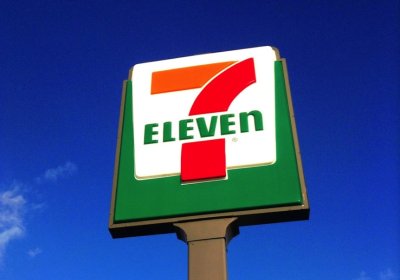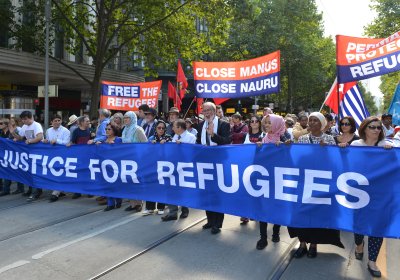Members of the family of Ms Dhu, the 22-year-old Yamatji woman who died in custody at the South Hedland watch house in 2014, have received an apology and $1.1 million from the Western Australian government.
The WA Attorney-General said the payment does not prevent the family from pursuing further legal action against the government over Ms Dhu's death in custody.





